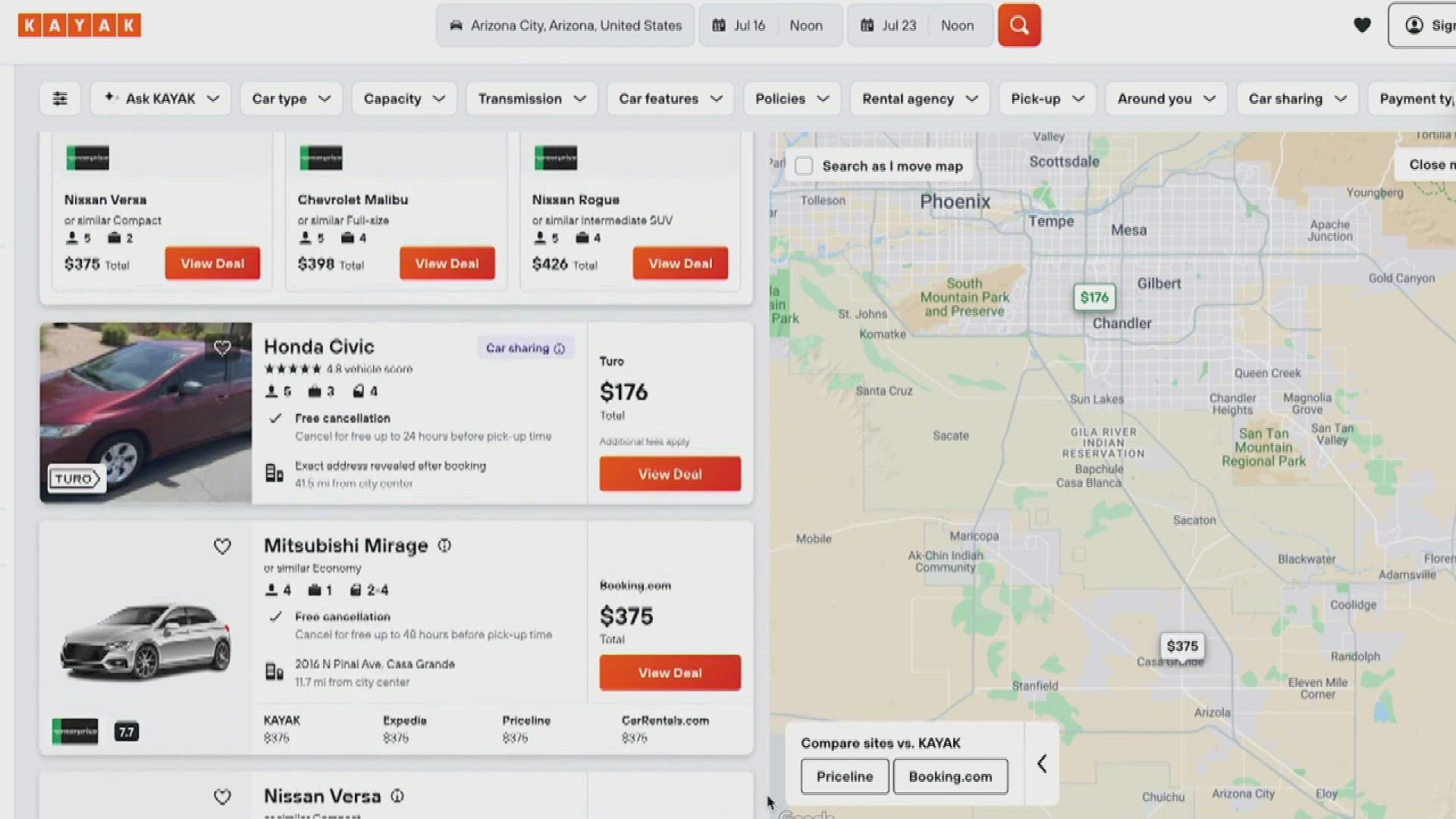The problems with "EIFS" begin when you cut a hole in the product, to install windows or doors or to allow for outside plumbing such as hose spigots or water lines for sprinkler systems. If the holes around those "architectural fenestrations" or openings are not sealed properly, water can get behind the EIFS system. The product is so weather tight that the water can't get out, and the mold that results can begin to destroy the home.
9NEWS has obtained video of workers pulling houses apart that in many places had rotted away to dust. Beneath the exterior finish systems in these homes, framing so soft, it can be peeled away by hand. Structural support beams lift out of place as if they were never nailed in. There is so much water in the walls of the homes, you can actually remove pieces and wring the water out by hand.
"I think somewhere between 20,000 and 30,000 homes certainly have used this product in the front range alone," says Denver Lawyer Scott Sullan.
The "EIFS" system is essentially acrylic cement like material that is "troweled" on over a foundation of a white styrofoam. The system itself is very stable. It's only weakness appears to be water that gets behind it.
"The moisture gets in there and it's stored in the foam behind the system and it starts the progressive deterioration of all the wood that's in contact," says Denver Technical expert Dave Davis.
That deterioration is caused by mold.
"It destroys the wood," says Davis. "Anything that's organic that can be eaten by micro-organisms -- it will be attacked."
And very often it is damage you can't even see.
"It doesn't show damage through its surface and many times on the inside of the house we don't see damage. So if you do have water in your walls you may not be aware of it," says Forensic Engineer Ed Fronapfel.
It may be years before the homeowner actually realizes there's a problem. The tell tale signs are tiny cracks and water stains. The solution often is almost a complete re-build often costing from 1/2 to 1/3 the original value of the home.
"Nine of every 10 homes that I look at have substantial damage that warrants repairs," says Fronapfel.
The primary manufacturer of the product, Dryvit Systems Inc., calls that assessment, "an egregious exaggeration."
Douglas Mault represents Dryvit systems. He says it's not his product that's to blame, but rather the holes that builders put in it and fail to seal properly.
"Deck openings, doors, penetrations when the cable guy comes to hook-up Channel-9," are the real culprit says Mault, "and most especially, windows.
"The biggest incidence of problems are on the substrate - and that could be plywood or what is called oriented strand board or could be exterior grade gypsum or whatever - happens around and under windows," Mault told 9NEWS.
And, in fact in photograph after photograph, that problem is clearly evident. Engineers agree that weak windows are deadly to an "EIFS" system.
"We can see under - around these window systems - the fenestration's or the window installation-- there was a lot of leakage under those," says Dave Davis.
Homeowners are so unaware of the danger they even invite trouble by punching holes in window frames for security systems. You can guess the result.
"It may have been all sound wood at one time, but the black you'll see around these windows is basically the mold that devoured the wood," says Davis.
And in the end, the problem will cost the homeowner thousands.
To learn what kind of product was used on the outside of your home, contact the Colorado Association of Plaster Stucco and the Northwest Wall Ceiling Burea at 1-800-524-4215.
This is a list of local firms with good reputations with mold investigation.
Professional Investigative Engineers (P.I.E.)
Ed Fronapfel
Forensic Engineer
9050 Marshall Court
Westminster, CO 80031
303 552-0177
www.callpie.com
Chemistry Industrial Hygiene, Inc.
Rob Strode
10201 W. 43rd Ave., Suite 201
Wheat Ridge, CO 80033
Phone: 303-420-8242
Fax: 303-431-4602
David G. Davis, AIA
TechniScan, Inc./ Davis Associates Architects, PC
155 S. Madison St. #228
Denver, CO 80209
303-329-0535 / 303-377-1800 fax 303-377-2740
PSI Engineering
4765 Independence St.
Wheat Ridge, CO 80033
303-424-5578
A. G. Wassenaar, Inc.
2180 S. Ivanhoe
Denver, CO
303-759-8100
CTL/Thompson, Inc.
1971 West 12th Ave.
Denver, CO 80204
303-825-0777
Gobbell Hayes Partners, Inc.
10500 East 54th Ave., Suite J
Denver, CO 80239
303-574-0082
/>

